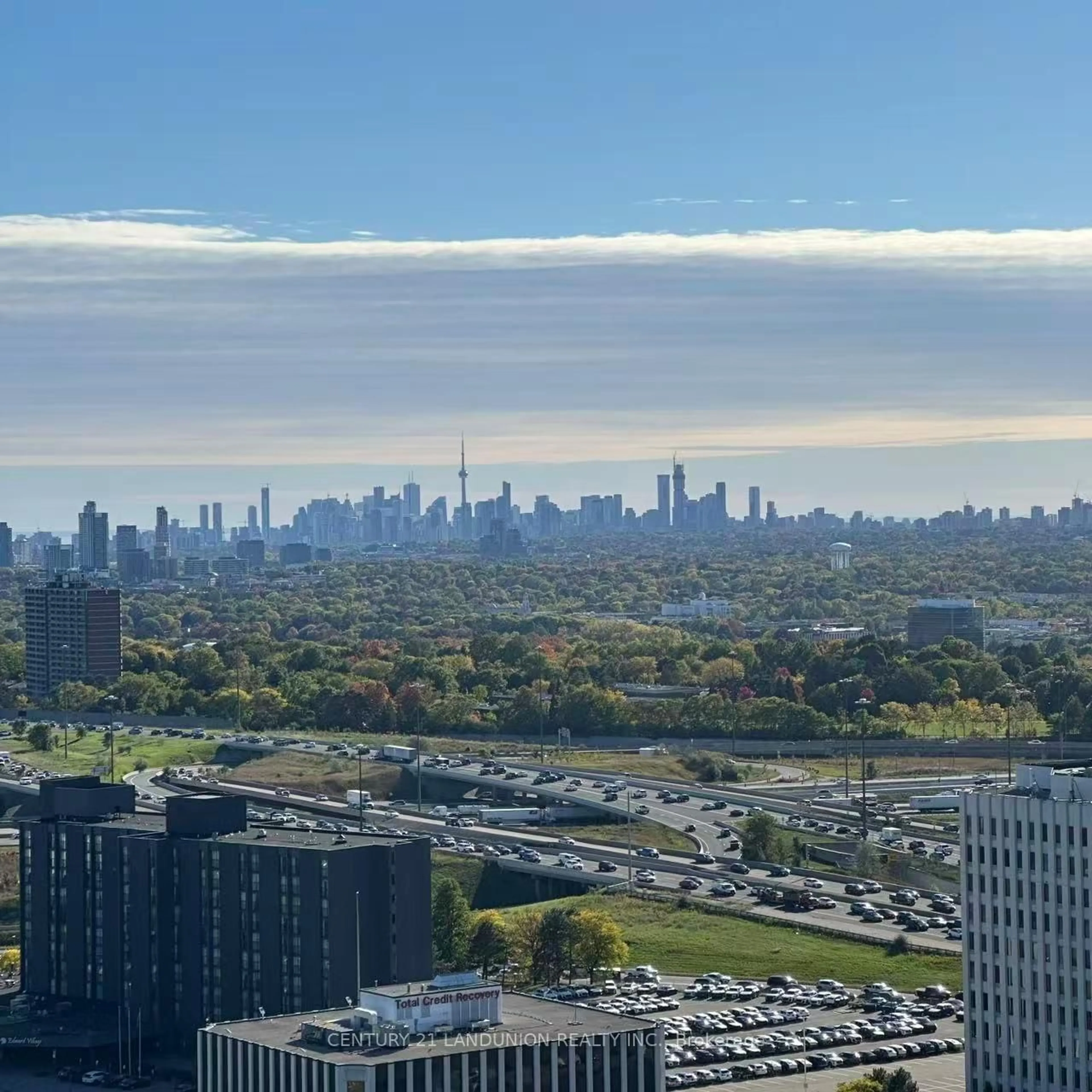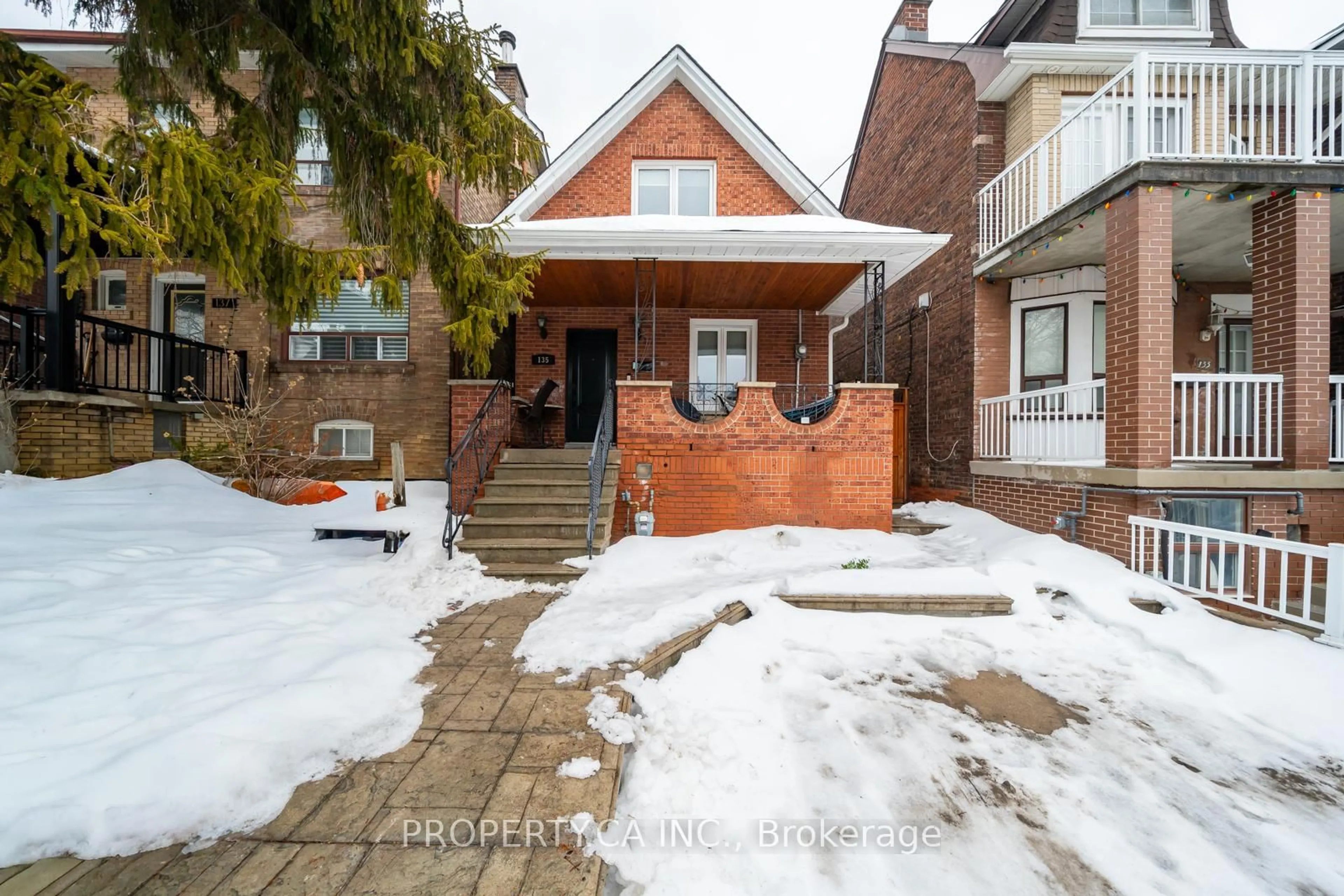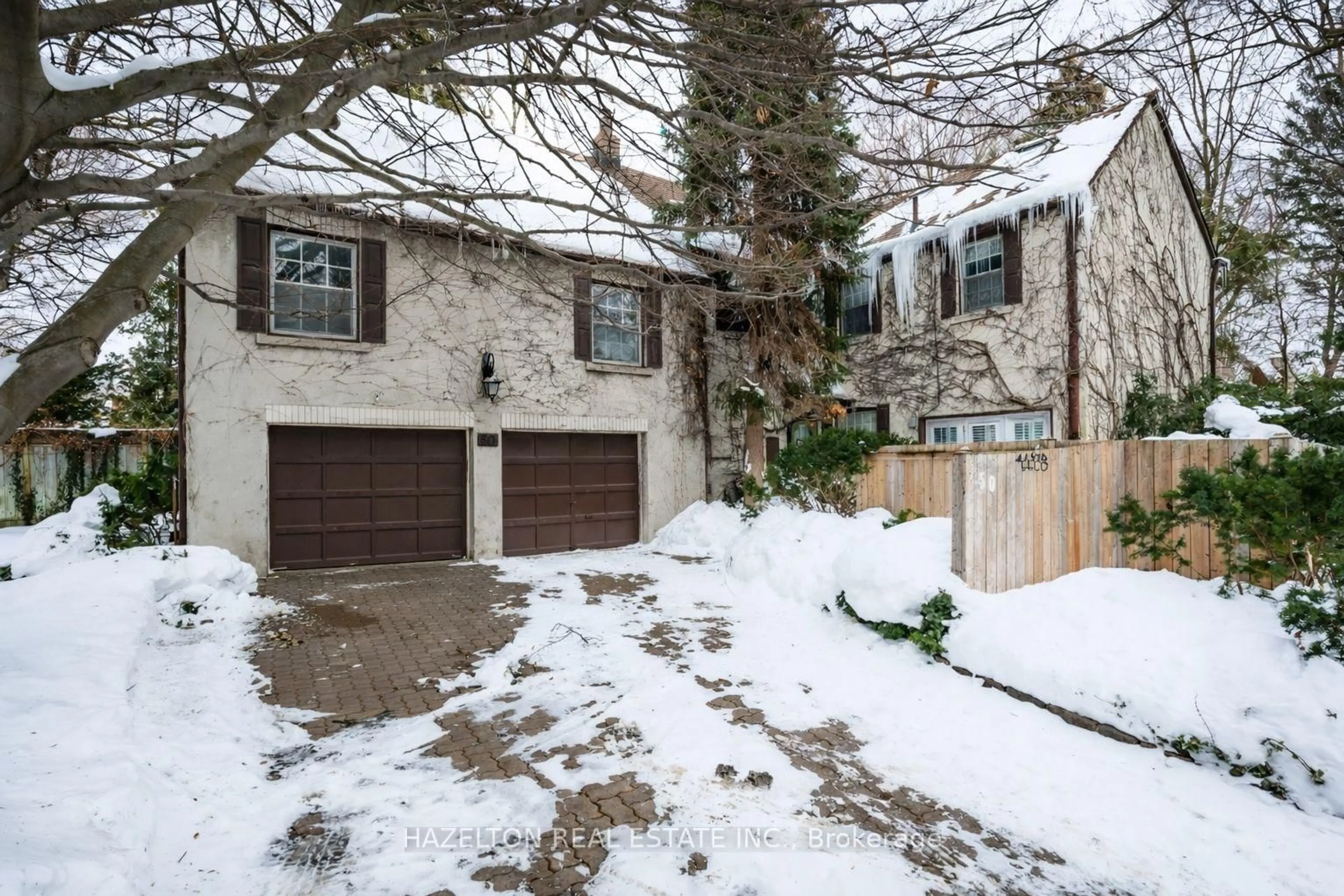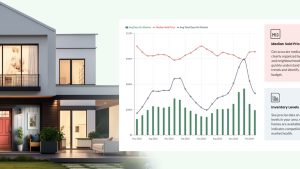The Smarter, Faster, Dreamier Home Search.
With Wahi, your perfect home finds you.
Property type
Detached
Semi Detached
Condo
Townhouse
Land
Other
Bedrooms
Exclude den and basement’ means that any den or basement bedrooms is not counted in the property’s total listed area.
Bathrooms
Great REALTORS®. Modern Tools. A Smarter Experience.
Get full-service support from a Wahi Select Realtor in your area — powered by data, driven by results.
As Featured In:






Homes for Sale
Just Listed in TorontoView all
Open Houses in TorontoView all
Just Sold in TorontoView all
Price Decreased in TorontoView all
Homes near top schools in TorontoView all
Discover Nearby Homes in TorontoView all
What Customers Are Saying:
Overall Google Review Rating
4.8/5

The smarter way to buy and sell a home.
Join thousands who love Wahi!
Download the Wahi app



























